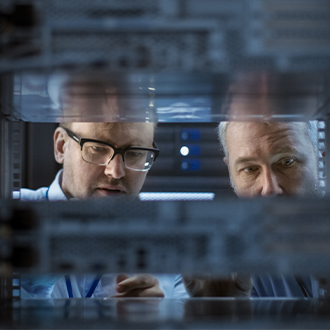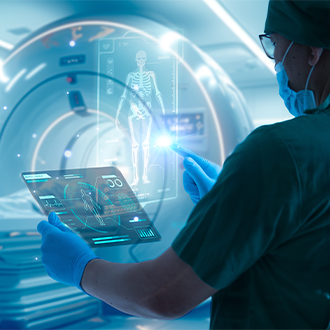

Our missions & values
Unys combines public research and innovation to address today’s challenges and anticipate those of tomorrow.
By connecting scientists, businesses, and institutions, Unys creates the conditions for practical, reliable, and sustainable solutions.
Thanks to a collaborative and interdisciplinary approach, Unys transforms research into a powerful driver of change, directly supporting the ambitions of companies and regions.
Our Objectives
FACILITATE
A Shared Gateway to Research and Innovation
Unys helps identify partnership opportunities and facilitates access to scientific expertise and innovation, accelerating collaboration between research and society.
AMPLIFY
Promoting Research and Its Societal Impact
Unys increases the reach and impact of research, ensuring its dissemination and usefulness to as many people as possible, actively promoting social change.
CONNECT
Fostering Long-Term Collaborations among Research Stakeholders
Unys enables exchanges between research teams and socio-economic stakeholders, stimulating innovation, strengthening collaborations, and developing solutions for tomorrow’s challenges.
SHARE
Making Research Accessible to Everyone
Unys bridges the gap between researchers and society, by promoting scientific advances and encouraging dialogue, engagement, and public ownership of knowledge.
MOBILIZE
Putting Research to Work for the Future
Unys makes science visible and actionable, enabling knowledge to be applied in practice, promoting exchanges, and addressing the challenges of tomorrow.
Our topics

Energy
Sustainable solutions for the energy transition, including hydrogen use, energy storage, CO₂ capture, eco-design, bioprocesses, and biorefineries.

Ecology
Study of the Earth and the Universe, sustainable resource management, ecosystems, and the valorization of products such as wood and agricultural biomass.

Materials
Implementation, transformation, functionalization, recycling, and characterization of materials. Key areas: energy, environment, industry, mobility, resources, and health.

Digital
Mathematics, computer science, and digital sciences—from fundamentals to applications in environment, health, AI, Industry 4.0, security, and languages.

Health
Mechanistic, clinical, and population-based research. Key themes: cardio-renal health, inflammation, metabolism. Cross-cutting themes: aging, public health, and prevention.

Societies
Risk regulation, governance, diversity, borders, knowledge, interculturality, identities, heritage, collective imaginaries, and territorial development.





